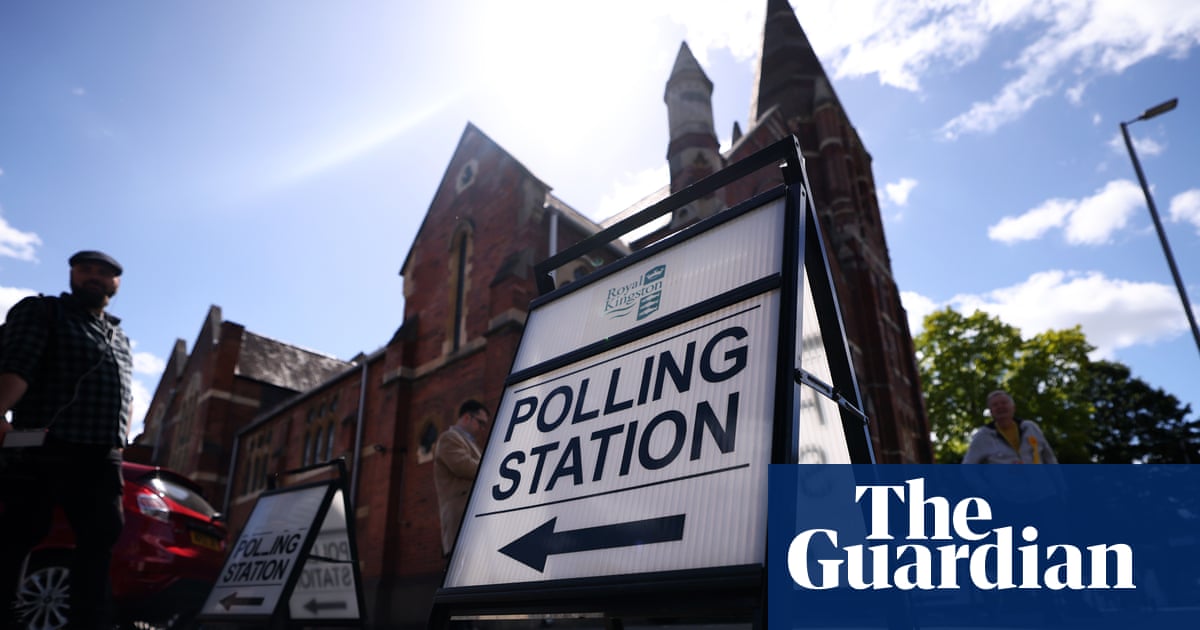The UK has one of the most difficult voter registration processes among liberal democracies, according to research that examined 62 countries.
Requirements to actively register to vote, meet strict deadlines before polling day and cast a ballot at specific polling stations make the UK a “real outlier internationally”, academics at theUniversity of Manchesterfound.
Labour has been weighing upproposals to introduce automatic voter registrationas part of a democracy bill before the next election.
Currently, people in the UK need to register if they want to vote, but under automatic registration the electoral roll would be compiled automatically from other records, for example those linked to tax or passport data.
Campaigners say the change wouldenfranchise millions more people, especially those who are younger, poorer and live in privately rented homes. The requirement to bring voter ID to the polling station, which was introduced by the Conservatives, has beencriticised for introducing an extra barrier to voting.
The Manchester researchers found that of 28 liberal democracies, the UK, Ireland and Barbados were the countries where it was most difficult to register to vote.
Maria Sobolewska, a professor of political science at the University of Manchester, said: “International evidence clearly shows that our voter registration system in the UK is unusually difficult for the voter. This contributes to the unequal levels of democratic participation we see at elections. Making registration automatic or automated is easily the most urgent reform to our election laws.”
Countries where voters are registered automatically using records from government databases include Iceland, Argentina and South Korea.
Separateresearchby the campaign group Generation Rent estimated that 91% of UK private renters aged 16 or over – more than 8.5 million people –could benefit from automatic voter registration.
Just 65% of renters are accurately registered at present, according to Electoral Commission data. Only 39% of people who have lived in their home for less than a year are correctly registered on the electoral roll, compared with 95% for those who have lived in their home for 16 years or more.
Sign up toFirst Edition
Our morning email breaks down the key stories of the day, telling you what’s happening and why it matters
after newsletter promotion
Dan Wilson Craw, the deputy chief executive of Generation Rent, said: “Frequent house moves, often prompted by evictions, put private renters at a disadvantage in the UK’s electoral system. This is exacerbated by the extra difficulty of registering to vote compared with similar democracies. As a result, private renters can struggle to be heard at the ballot box.”
As part of its plans for a democracy bill, Labour is also examining potential changes to the system of political donations. The party made a manifesto promiseto lower the voting age to 16, which Keir Starmer recommitted to at a committee hearing last month.
Voter turnout in the 2024 general election was 59.7% and has not reached 70% in any election since 1997. A report by the Institute for Public Policy Research last yearfound thatwhen accounting for people not registered on the electoral roll, just 52% of adults living in the UK had exercised their right to vote, the lowest proportion since universal suffrage was introduced.
